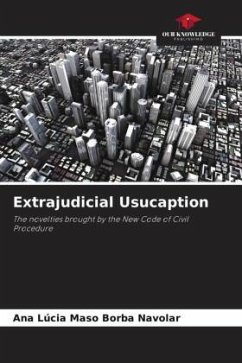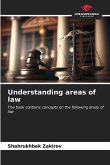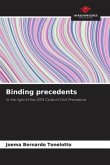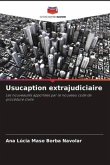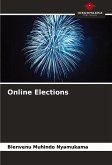Nowadays, everyone is in a hurry and wants everything to be resolved immediately. In contrast to this is the Judiciary, which, more often than not, is extremely slow to resolve situations, whether they are contentious or not. Faced with this circumstance, the phenomenon of the de-judicialization of the law is in vogue, in which notary and registry offices are given certain competencies that would otherwise fall to the Judiciary alone, as is the case, for example, with out-of-court divorce, partition and inventory. Along the same lines, the new Code of Civil Procedure, in article 1.071 (amending the Public Records Law), introduces the extrajudicial procedure for the usucaption of real estate. This book aims to address the phenomenon of de-judicialization with a focus on extrajudicial usucaption brought to light by the current Code of Civil Procedure, presenting the procedure for extrajudicial usucaption (already with the updates brought in by law 13.465/17), its applicability and also giving a retrospective of the institute of usucaption, exposing its requirements, modalities and foundations.
Bitte wählen Sie Ihr Anliegen aus.
Rechnungen
Retourenschein anfordern
Bestellstatus
Storno

